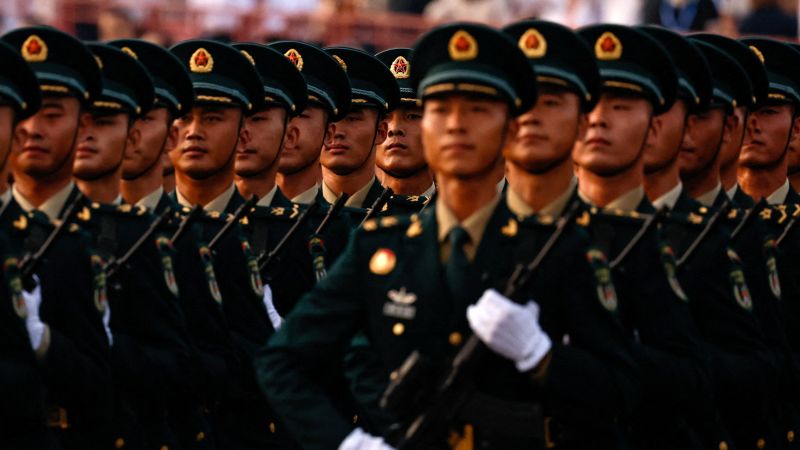UPDATE: World leaders are converging in New York for the UN General Assembly (UNGA) this week, as urgent crises in Gaza and Ukraine threaten to escalate into 2026. With tensions boiling over and conflict looming, the stakes have never been higher.
During this critical assembly, leaders will grapple with immediate crises that show no signs of resolution. In Gaza, the humanitarian situation remains dire following the breakdown of a proposed ceasefire earlier this year. The conflict, which reignited dramatically after Hamas’s attack on Israel on October 7, 2023, has led to one of the largest Israeli military operations in recent history. Reports indicate that hostages are still being held, and no clear path to peace has emerged.
While several countries, including France and the UK, are expected to advocate for Palestinian statehood, these symbolic gestures may exacerbate tensions rather than promote peace.
warns Brett McGurk, CNN global affairs analyst and former national security advisor.
In Ukraine, the situation is equally precarious. The year has seen Washington’s inconsistent support for Ukraine, with calls for peace shifting between unilateral ceasefires and comprehensive military support. As winter approaches, Ukraine braces for intensified Russian attacks, while President Putin’s ambitions remain unchallenged. Experts note that nothing discussed at UNGA will alter Putin’s strategy, leaving Ukraine vulnerable.
The backdrop of this year’s UNGA contrasts sharply with a recent summit in Beijing, where leaders from Russia, China, North Korea, and Iran displayed a united front against the U.S. This powerful alliance, termed CRINK, is reshaping global dynamics, particularly in Ukraine, where North Korean troops are reportedly aiding Russian forces.
As tensions escalate, experts caution that 2026 could emerge as a pivotal year in global stability. China’s President Xi Jinping has prepared the People’s Liberation Army for a potential invasion of Taiwan by 2027, which could trigger a global economic shock estimated at around $10 trillion. The risks of conflict are escalating, with experts estimating a 35 percent chance of invasion, as Xi calculates the costs of aggression.
The implications of the CRINK alliance extend beyond Ukraine. Iran’s support for Russia’s military operations and North Korea’s unpredictable actions complicate the geopolitical landscape. With each passing month, the potential for conflict increases, making the discussions at UNGA seem insignificant in comparison.
As President Trump remarked, the images from the Beijing summit were a clear message to Washington. The response from U.S. leaders will be crucial. The decisions made in the coming months could either consolidate alliances or lead to greater disorder and conflict globally.
Looking ahead, the international community must focus on supporting Ukraine and negotiating a resolution to the Gaza crisis. Failure to address these issues could fracture global order and embolden aggressive actions from the CRINK alliance.
As leaders gather in New York, the urgency of their discussions cannot be understated. The outcomes of this week could set the stage for a tumultuous 2026, one that may define the future of global security and America’s standing in the world. The world is watching closely.





































































